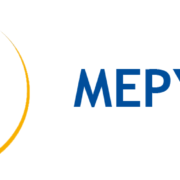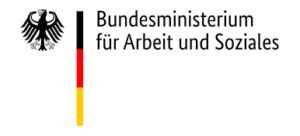Sick unemployed – Same benefits but fewer sanctions – Results from the research group in the FIS briefing
This year’s FIS Forum had to be cancelled due to the effects of the corona pandemic. Nevertheless, current research results from the project could be published in this year’s FIS-Briefing 2020 of the Federal Ministry of Labour and Social Affairs (BMAS). The MEPYSO publication can be found here, all other contributions here.





